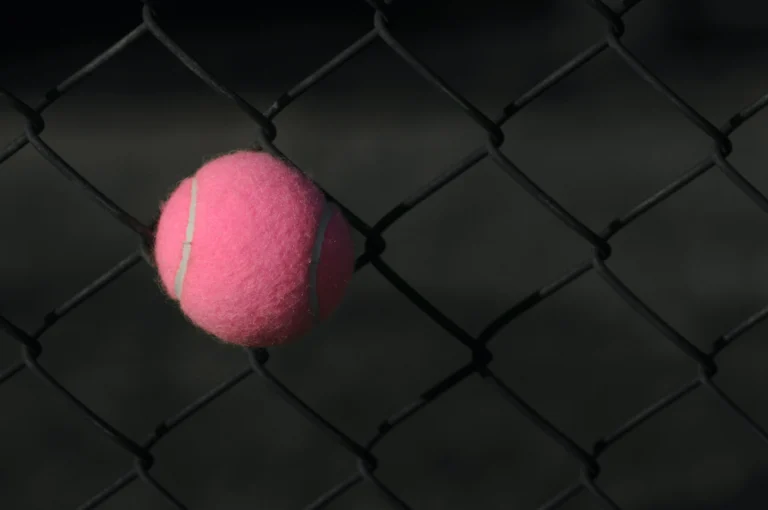This is Part 2 of the ‘Flow for writers’ series. You can read Part 1 in full HERE, or find a short recap below.
Welcome to Part 2 of the ‘Flow for writers’ series.
As a mini-recap for Part 1:
- A psychologist called Mihaly Csíkszentmihályi (“Chick-sent-me-high”) spent decades researching the concepts of FLOW and CREATIVITY (he has published seminal books with those titles)
- He became fascinated with artists who seem to enter an almost dream-like state of extreme focus when they worked
- Part of his research involve interviewing dozens of creatives, athletes and other high-functioning individuals across different realms of society
- Csíkszentmihályi’s research found that people were their most creative, productive, and happy when they are in a state of flow
The question we’re exploring in this series is: how can we best apply his findings to our writing lives, so we can find ourselves in FLOW more often?
In this post, we’re going to look at Csíkszentmihályi’s ‘8 elements of flow’ in the hope that we, as writers, can find more flow with our writing.
After all, wouldn’t it be nice for the words to flow more freely, more often?
I’ve made a summary of the main elements (ingredients), with some ideas for applying them as writers.
It’s worth bearing in mind as we go through these ingredients that, you don’t have to experience all of these all of the time for flow to be present (or not).
With that in mind, let’s begin…
Some ‘ingredients’ of flow, and how we can apply them
INGREDIENT #1: Complete concentration on the task
It helps to have a complete focus on the task we are engaging in.
Unsurprisingly, Csíkszentmihályi found that one can’t experience flow if distractions disrupt the experience.
Set yourself up for success by having a space you have for your writing, leaving internet connections behind and (if possible) completely away from distractions that might intrude on your writing session.
INGREDIENT #2: Having clear goals
Csíkszentmihályi found that having clear goals in mind is conducive to finding flow.
Traditional goal-setting for writers can be a double-edged sword. I talked about this in a recent podcast episode (24: Two approaches to writing your book 🎙️), in which I described two kinds of approaches you can take; whether you’re more of a ‘word-count’ person or a ‘sit down and write’ kind of person, having a clear goal in mind for your writing session is helpful.
💡 How writers can apply this
You can set yourself the goal of: “I’m going to write 500 words”, or something like: “I’m going to sit down and write for an hour on this project”.
The important thing here is that you have clarity going into your writing session.
INGREDIENT #3: Transformation or distortion of time
Interestingly, Csíkszentmihályi reported that flow occurred more often during work-time than free-time. He proposed that flow equates to happiness and, therefore, that engaging in activities and finding flow is more satisfying than sitting around and doing nothing.
His research found it was easier to achieve the flow state in activities such as performing music, dance and writing since they had rules and required the learning of skills.
This is great news for writers!!
He found that those ‘in flow’ lose track of time (and even bodily functions) whilst they’re in the flow state.
💡How we can apply this
A couple of ideas:
– Use a clock or a timer to measure a set amount of time you’re going to write for.
– Imposing some sort of ‘deadline’ on your writing session.
Having a writing partner or being in a writing group can be great for this; the ‘container’ gives you both a sense of comfort and support.
Whether you write alone or in a group for a period of time, imposing a ‘timed deadline’ on your writing session can help you focus better and experience flow.
Or, to quote Csíkszentmihályi: “When a man knows he is to be hanged in a fortnight, it concentrates his mind wonderfully.”
Where to go from here?
⭐ If you had to choose just ONE of the ingredients or ideas suggested above… which would you implement in your next writing session? What are you drawn to?
Being mindful of your writing space and eliminating distractions, setting yourself a goal, or writing for a set period of time… these can all help you get into flow.
Remember, you don’t need to apply all of them. Simply choose one thing and go from there.
In Part 3 of the ‘Flow for writers’ series, we’ll look at some more ingredients of flow and ideas for integrating them into our writing lives.




Responses